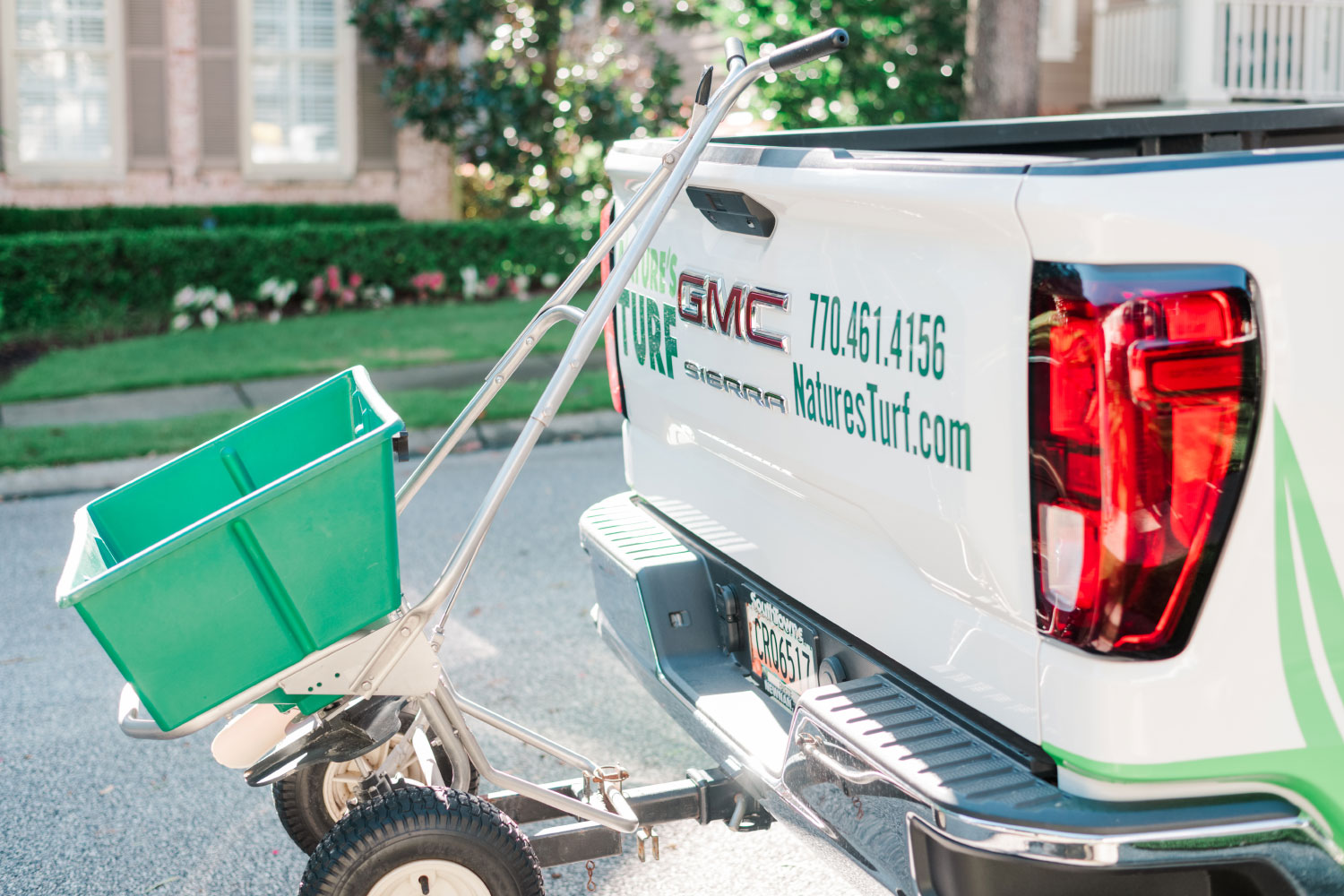It’s cold outside. Our warm-season turfs are dormant. Everything has been done, yet a blue-green weed persists in our otherwise tan turf. Wild onion or wild garlic can both be determined as a foe for turf.
Identifying Wild Onion and Wild Garlic
Wild Onion (Allium canadense) and Wild Garlic (Allium vineale) are perennial winter weeds widely present in Georgia lawns. Re-appearing from bulbs late fall and into winter, they produce blue-green, waxy leaves. Their upright growth habit makes for an unsightly contrast in a dormant lawn. Wild onion leaves are flat and solid, while wild garlic produces tube-shaped leaves. Top tissue for both species dies back in the late spring or early summer as temperatures increase, but the soil-bound bulbs can persist for years.
Controlling Wild Onion and Wild Garlic
Controlling wild onion and wild garlic can be challenging. Weed control programs establish their foundation on carefully selected and well-timed pre-emergent products. These are generally designed to stifle root production as weeds emerge from the seed. Since wild garlic and onion are perennial weeds, regenerating from bulbs with existing root systems, pre-emergents cannot suppress existing plants.
The fine texture and waxy tissue mean post-emergent controls must be selected and applied well. Damage and discoloration can be expected, but complete control takes repeated application throughout a few seasons. Not all bulbs produce leaves simultaneously or even in the same year, and energy in the bulbs allows repeated regeneration until those stores are depleted. This means controlling plants with existing tissue won’t account for other bulbs not presently producing leaves, and injured plants may require repeated applications to terminate.
Mowing won’t eradicate wild onion or garlic by itself but can weaken them and help resist the production of new bulbs/plants. Unlike most weeds, mowing directly before application of a post-emergent can be helpful but should be avoided for two weeks after application. Digging up the bulbs can completely remove the weed quickly. Still, since this weed grows in a time of dormant or transitioning turf, the spot left by this method will be present until the growing season returns and our Bermuda or zoysia can recover. Non-selective weed killers available from hardware stores will injure or kill wild onion or wild garlic but are not advised. It will take repeated applications, and overlap from these products can cause unwanted damage in warm-season grasses in transition to or from dormancy. Ultimately, this risk is unnecessary, as selective products exist, limiting unnecessary damage to our turf.
Team Up With Nature’s Turf
While unsightly and smelly, wild garlic and onion are common weeds in our landscapes. Even the best-planned and the applied pre-emergent program is unable to prevent regeneration from existing bulbs. That said, teaming up with Nature’s Turf gives your yard access to selective products that, over time, can deplete the reserves and control these smelly, unsightly weeds.








